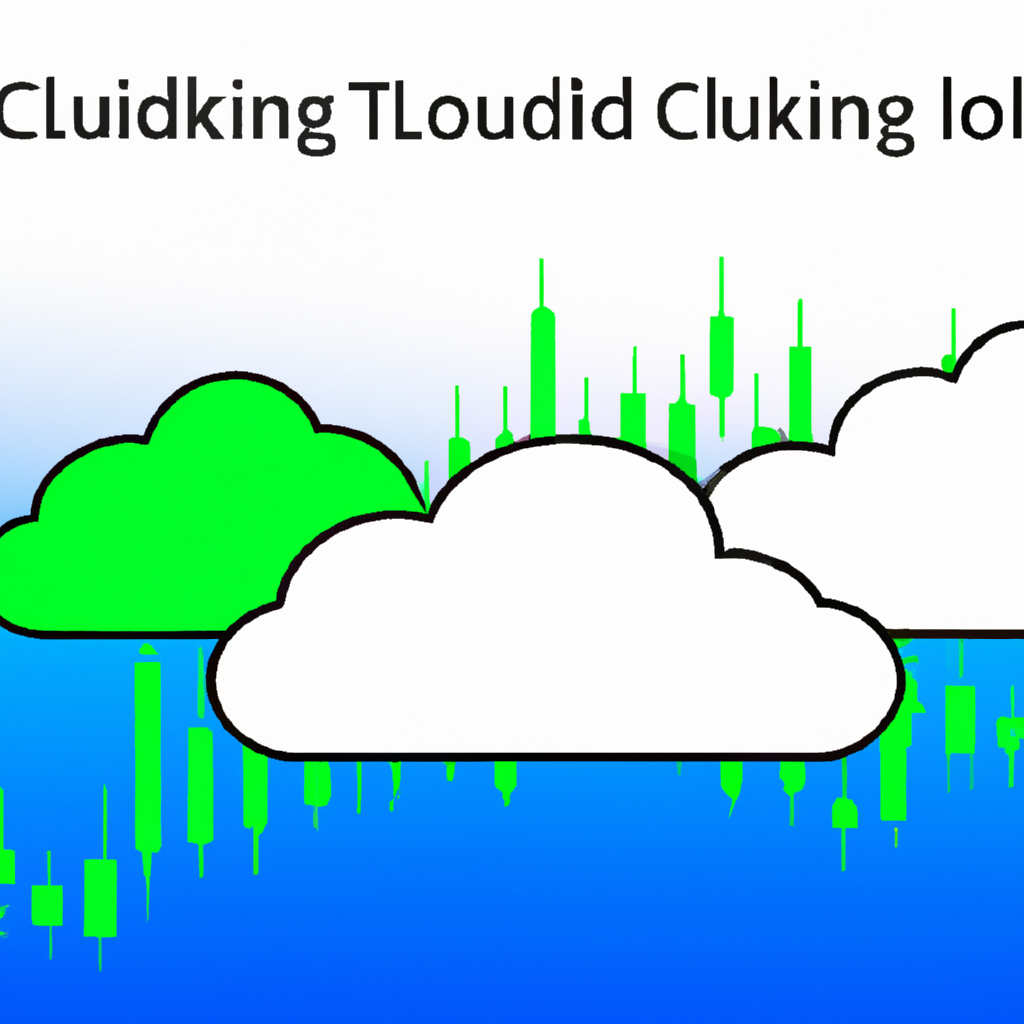Ichimoku Cloud Trading Signals: A Comprehensive Guide
Introduction
Ichimoku Cloud is a popular technical analysis tool used by traders to identify potential market trends, support and resistance levels, and generate trading signals. Developed by Japanese journalist Goichi Hosoda in the late 1960s, the Ichimoku Cloud provides a holistic view of price action and has gained widespread adoption among traders worldwide. In this article, we will explore the various trading signals offered by the Ichimoku Cloud and how they can be effectively utilized in your trading strategy.
The Components of the Ichimoku Cloud
Before delving into the trading signals, it is essential to understand the key components of the Ichimoku Cloud:
- Tenkan-sen (Conversion Line): This line represents the average of the highest high and lowest low over a specific period, typically nine periods.
- Kijun-sen (Base Line): Similar to the Tenkan-sen, this line is calculated by averaging the highest high and lowest low, but over a longer period, typically 26 periods.
- Senkou Span A (Leading Span A): This span is formed by plotting the average of the Tenkan-sen and Kijun-sen, projected forward by 26 periods.
- Senkou Span B (Leading Span B): Calculated by averaging the highest high and lowest low over the past 52 periods and projected forward by 26 periods.
- Kumo (Cloud): The area between Senkou Span A and Senkou Span B. It provides insights into potential support and resistance levels.
- Chikou Span (Lagging Span): This line represents the current closing price, plotted 26 periods behind.
Trading Signals Offered by the Ichimoku Cloud
Bullish Signal: The Cloud Twist
When the Senkou Span A crosses above the Senkou Span B, it indicates a bullish signal. This event is commonly referred to as the “cloud twist.” Traders interpret this crossover as a shift in market sentiment from bearish to bullish, suggesting potential buying opportunities.
Bearish Signal: The Cloud Twist Reversal
Conversely, when the Senkou Span A crosses below the Senkou Span B, it generates a bearish signal. This reversal of the cloud twist signifies a shift in market sentiment from bullish to bearish, indicating potential selling opportunities.
Confirmation Signal: The Price-Cross Strategy
One of the most widely used trading signals is the price-cross strategy. When the price crosses above the Kijun-sen, it generates a bullish confirmation signal. Conversely, when the price crosses below the Kijun-sen, it generates a bearish confirmation signal. Traders often wait for these crossovers to validate their trading decisions.
Support and Resistance Levels: The Kumo
The Kumo, or cloud, serves as a dynamic support and resistance area. When the price is above the cloud, it indicates a bullish sentiment, and the cloud acts as a support level. Conversely, when the price is below the cloud, it suggests a bearish sentiment, and the cloud acts as a resistance level. Traders often consider these levels while determining their entry or exit points.
Chikou Span Confirmation
The Chikou Span, or lagging span, is used to confirm the overall trend. When the Chikou Span is above the price, it confirms a bullish trend. Conversely, when the Chikou Span is below the price, it confirms a bearish trend. Traders often consider this confirmation signal in conjunction with other Ichimoku signals to increase the reliability of their trading decisions.
Conclusion
The Ichimoku Cloud trading signals provide traders with valuable insights into potential market trends, support and resistance levels, and confirmation signals. By understanding and effectively utilizing these signals, traders can enhance their technical analysis and make more informed trading decisions. It is important to note that no trading strategy is foolproof, and combining the Ichimoku Cloud signals with other technical analysis tools and risk management techniques is crucial for successful trading.

